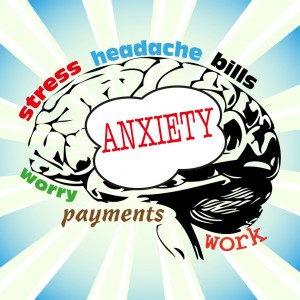Anxiety, insomnia and panic attacks are increasingly common among the more than 90% of those that suffer from work stress – and one in seven say they’ve even turned to alcohol to cope with the intensity of work.
Having too much to do is the leading stressor for Britons, followed closely by attempting to meet unrealistic deadlines and having to work more hours than contracted.
But even when it negatively affects their health, only one in five workers said they would feel comfortable telling their boss they were suffering from stress. Over 70% said that they thought there was a stigma attached to admitting they couldn’t cope and that asking for help would negatively impact their careers.
Almost 60% of stressed Britons said that they do not believe there is adequate support for them at work when they are struggling with stress, and more than a third believe their employer could be doing more to reduce stress levels in the office.
We’ve got a short video below with some advice for both employers and employees on how to manage stress in the office – by making sure that everyone is aware of their rights and obligations when it comes to dealing with stress in the workplace, and by speaking only about feeling mental pressures.
To help you work out your rights employment lawyer Claire Dawson from Slater & Gordon outlines your rights and your employers’ obligations in the following video.



